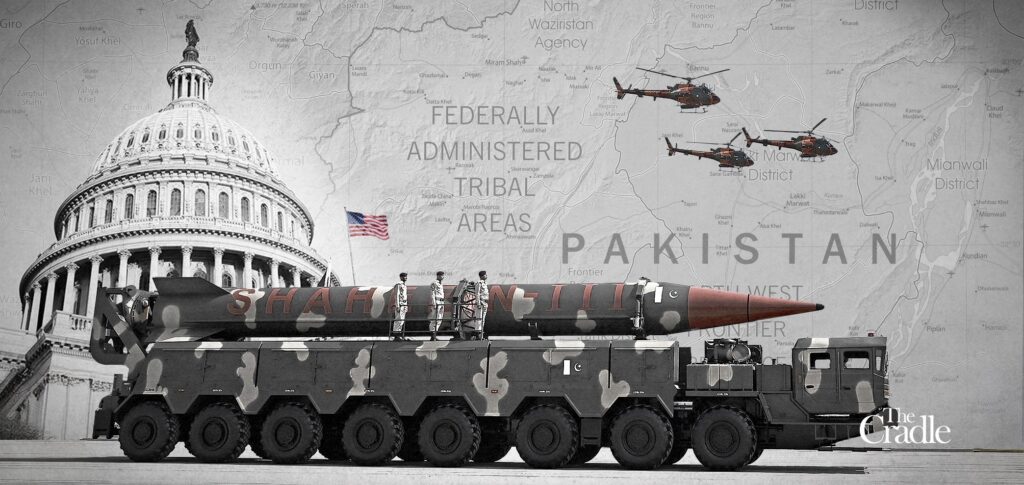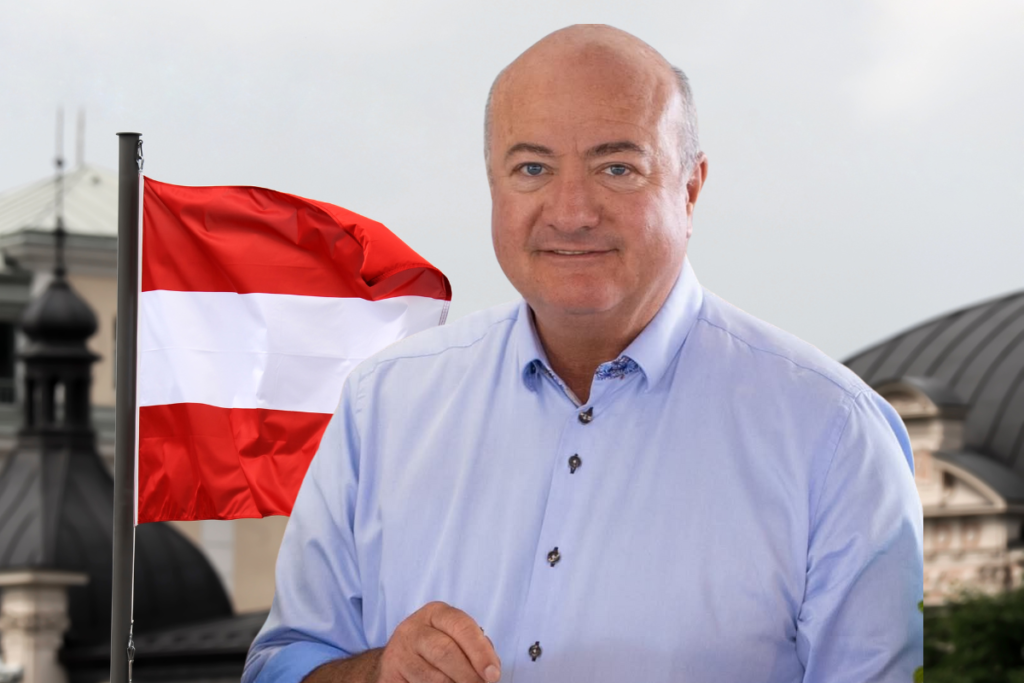UNITED NATIONS — The United Nations is bracing for severe funding shortages after the Trump administration announced significant cuts to U.S. contributions, sparking concerns over the future of key humanitarian and development programs worldwide.
The decision, confirmed on Monday, has already led to budgetary strains across multiple UN agencies, including the World Food Programme (WFP), the United Nations High Commissioner for Refugees (UNHCR), and UNICEF. With the U.S. historically being the largest donor, the impact of this move is expected to ripple through crisis-stricken regions, particularly in war-torn and impoverished countries.
The Scope of the Cuts
While the exact figures remain unclear, preliminary reports suggest that the U.S. intends to freeze billions in contributions, affecting programs that provide food aid, refugee support, and global health initiatives.
The Trump administration has justified the move as part of a broader effort to reassess America’s financial commitments to international organizations, arguing that other nations should contribute more.
“We are prioritizing American interests and ensuring that our resources are used efficiently,” a senior White House official said in a statement. “The United States has been disproportionately funding the UN for decades, and it’s time for a fairer distribution of responsibility.”
The decision comes amid broader Republican skepticism toward multilateral institutions, with Trump repeatedly criticizing the UN for inefficiency and alleged mismanagement of funds.
Impact on Humanitarian Efforts
The immediate consequence of the cuts will be felt in regions dependent on UN aid. The World Food Programme, which assists millions facing hunger, has already warned of potential disruptions.
“If this funding is not restored, we will be forced to reduce food rations in some of the most vulnerable regions, including Yemen, Sudan, and parts of sub-Saharan Africa,” WFP Executive Director Cindy McCain said.
UNHCR, which aids refugees displaced by conflicts in Ukraine, Syria, and Myanmar, also expressed grave concerns. “These cuts could not come at a worse time,” a spokesperson for the agency stated. “Global displacement is at an all-time high, and any reduction in funding will mean fewer resources for those who have lost everything.”
International Reaction
The U.S. decision has drawn criticism from allies and international organizations, with European leaders urging Washington to reconsider.
“This move weakens our collective ability to respond to crises,” said Josep Borrell, the European Union’s foreign policy chief. “The UN plays a crucial role in stabilizing conflict zones, and unilateral funding cuts will undermine global security.”
China has also weighed in, with its Foreign Ministry stating that “international cooperation, not isolation, is needed to tackle the world’s pressing challenges.” Beijing has in recent years sought to expand its influence in global institutions, a trend that may accelerate if U.S. funding remains suspended.
Congressional Pushback
In Washington, the decision has sparked a political battle. While Republican lawmakers largely support the administration’s stance, Democrats have condemned the cuts as reckless.
“This is not just about money; it’s about America’s role in the world,” said Senator Chris Coons (D-Del.). “Turning our back on humanitarian aid will cost lives and damage our credibility.”
A bipartisan group of lawmakers is expected to introduce measures to restore at least part of the funding, but with a divided Congress, the path forward remains uncertain.
What’s Next?
With growing pressure from both domestic and international actors, the Trump administration faces calls to reconsider the cuts. UN officials are working to secure alternative funding sources, including increased contributions from European nations, Japan, and private donors.
However, experts warn that unless the funding shortfall is addressed quickly, 2025 could see some of the most severe disruptions to humanitarian assistance in recent history.



